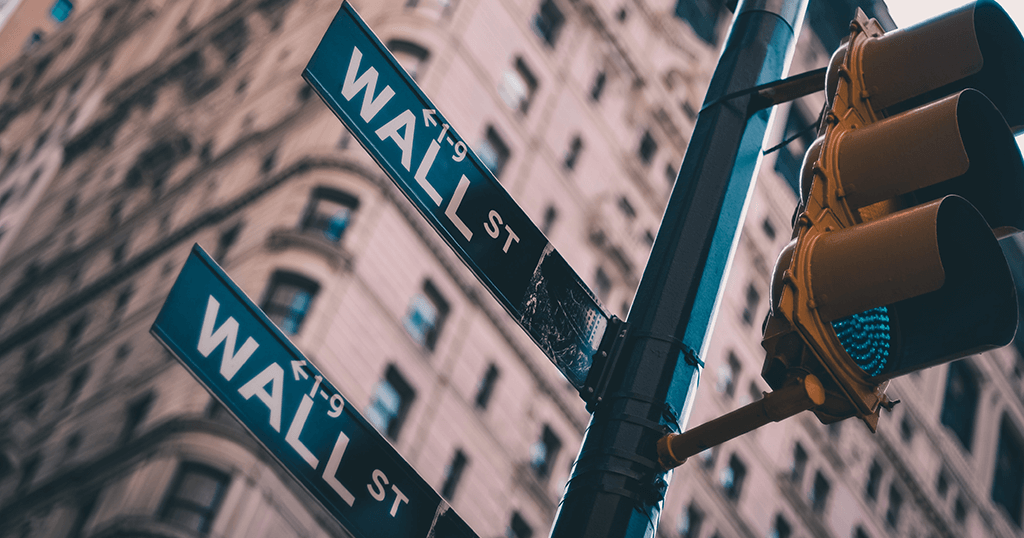
Despite their initial emergence in the 90’s, SPACS are a pistol hot trend for pre-IPO companies, market watchers and investors alike. A Special Purpose Acquisition (SPAC) Company is a blank-check company that raises capital through an initial public offering (IPO) for the purpose of acquiring an existing company. There are multiple players in the SPAC market, including the sponsor. A SPAC is typically required to complete an acquisition within two years, otherwise the SPAC is liquidated. Sponsors do not know what the eventual target company will be although they will be part of the voting process to approve the acquisition. SPACs are typically structured as a unit consisting of two parts: (1) a redeemable common share and (2) a detachable warrant. Once a SPAC announces a merger target, investors have the ability to redeem their shares for cash, but they can keep their warrants for free. If acquisition is completed, investors can either swap their shares of the SPAC to that of the merged company or redeem their SPAC shares to get back their original investment, plus the interest accrued while that money was in trust.
The process of merging a SPAC with a private company offers an accelerated vehicle for the private company looking to go public, counter to the rigorous and lengthy process of traditional IPO. However, this acceleration can make some investors dubious of the transparency regarding the company. There is also the risk of being rejected by the SPACs shareholders’ vote in the final hour, a process which may ultimately be detrimental to the private firm.
Some high-growth tech companies have successfully merged with SPACs including Virgin Galactic, DraftKings and OpenDoor. SPAC’s nascent popularity amongst various reasons including a low interest rate backdrop, market full of liquidity, strong demand by retail investors for private investment opportunities, as well as market and logistics factors accelerated by the Covid 19 pandemic. The average post-market return from SPAC mergers is yet to be determined.
Late-Stage Private Equity in InvestX’s portfolio such as SoFii and 23andmeii are anticipated to go public via SPAC. Fintech start-up SoFi says it will merge with a SPAC, backed by venture capital investor Chamath Palihapitiya, Social Capital Hedosophia Holdings V Corp (IPOE). Palihapitiya has taken multiple companies public via SPACS, including Virgin Galactic and Opendoor. 23andMe is planning to go public via a merge with VG Acquisition Corp, a Virgin Group SPAC. InvestX will continue to closely monitor the SPAC market, which may add benefits to our investments in pre-IPO stage companies.
Recent Posts
- Market Update, June 2025: IPO Activity Reaccelerates – Implications from CoreWeave, Circle, and Chime 06th Jun 2025
- Private Markets Review – Q1, 2025 14th Apr 2025
- xAI and X.com Merger: InvestX Analysis 10th Apr 2025
